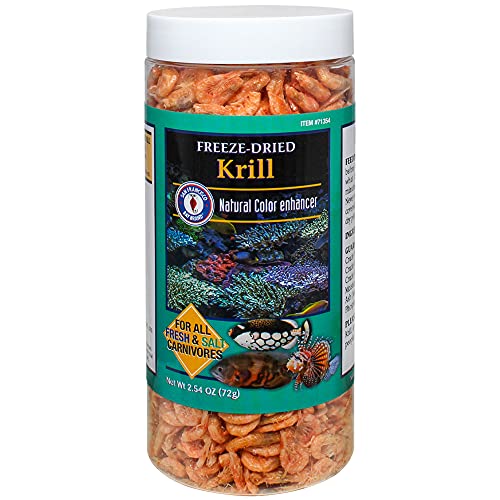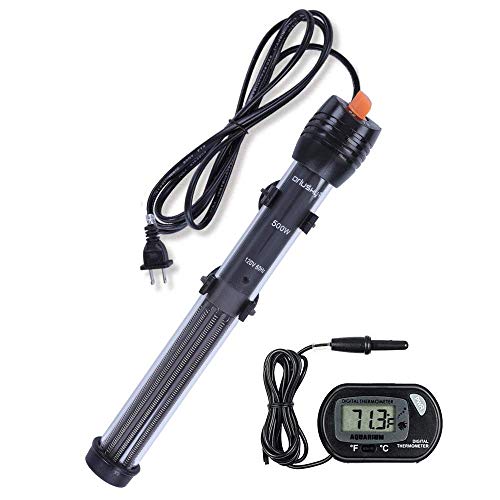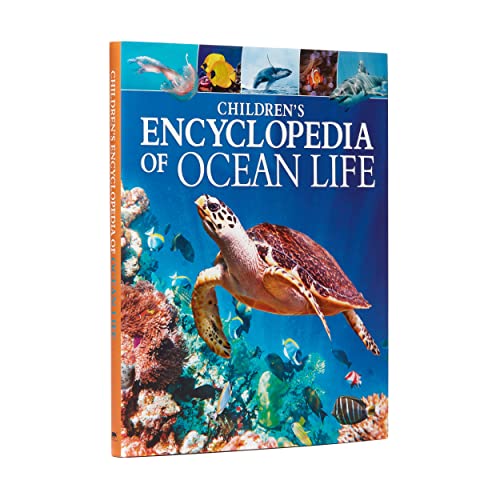Yes , No and well sort of.

Denitrifying bacteria resides in an area of low oxygen. Bioreactors are really self feeding versions of what we used to call nitrate reactors. Then there were sulfur denitrifiers. Back then we had to feed the nitrate reactors to keep it alive but it worked on the same principle as controlling the effluent on todays bio pellet reactors. When we reduce the effluent flow to a certain point we start loosing oxygen and create an environment that is suitable for denitrifying bacteria.
Dosing on the other hand is indiscriminate it feeds whatever can catch the extra carbon. So basically it feeds denitrifying and every other bacteria wether you want it to or not. This is where it gets a little dangerous. As you feed the bacteria the populations rise and as you starve the bacteria the populations fall.
Each method has its own merits and each has its own drawbacks. So depending on how you look at it dosing is less productive and more dangerous. But running any low 02 reactor has its own dangers like very low ph.
Learn about anaerobic and aerobic and how they differ and you can get a much better understand of whats happening in your reef tank.
Don






























































